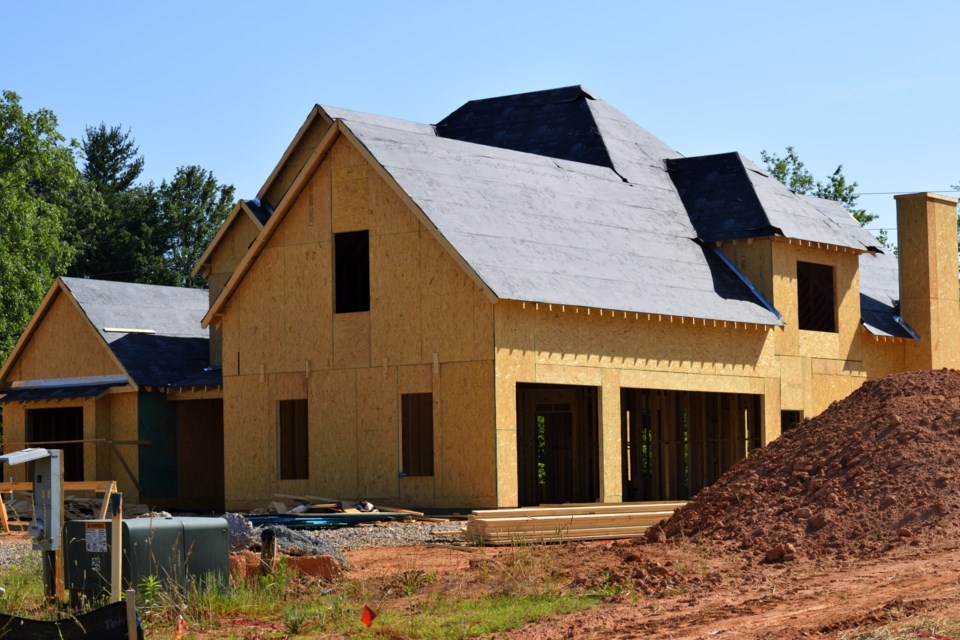Key details in a proposed tax incentive for the development of multi-unit residential buildings have been released in a report prepared for the city’s elected officials.
The program would include tax increment equivalent grants, which serve to rebate a portion of taxes back to the property owner.
Under a tax increment equivalent grant, the difference between taxes levied using a property’s assessed value both pre- and post-development are rebated to the owner for a set number of years.
The proposed plan would offer a five-year grant to developers who build between 30 and 100 residential housing units. During the first three years, the grant to the property owner would be equal to 100 per cent of the tax increment. Years four and five would find the grant decrease to 50 per cent.
A 10-year grant would be offered to developers who build more than 100 units. During the first five years of the program, the grant would equal 100 per cent of the tax increment, while years six through 10 would drop it down to 50 per cent.
This program would cease on Dec. 31, 2028, unless city council were to extend it via a resolution. City council approved an annual allocation of $250,000 toward the program, funded through reserves.
Mayor Paul Lefebvre proposed the tax incentive earlier this year.
“We know that on our housing supply, the issue we have is that we need more multi-residential,” he told his colleagues around council chambers on Aug. 15.
“We need to make sure these are built on our corridors to create that density we need, and make sure the buses and infrastructure are already there.”
The proposed tax incentive piggybacks on the city’s Strategic Core Areas Community Improvement Plan, which already offers various incentives to stimulate development along the municipality’s “core areas,” as part of the Nodes and Corridors Strategy.
In addition to adding the tax increment equivalent grant for multi-unit residential builds, a handful of “core areas” are proposed to be added to the existing collection located throughout Greater Sudbury.
The list currently includes core areas (downtowns) of Sudbury, Capreol, Chelmsford, Copper Cliff, the Flour Mill (Sudbury), Kathleen Street (Sudbury), Levack and Lively.
The proposed additions include such areas as The Kingsway, Barrydowne Road, Lasalle Boulevard, Notre Dame Avenue, Lorne Street, Regent Street, and Paris Street. The Chelmsford core area would be extended down the balance of Errington Avenue south to Highway 144, plus a stretch of the highway.
Maps of the proposed extensions are available by clicking here, here and here. Maps of the existing list of core areas are available by clicking here.
Feedback is being sought at the city’s Over To You page, which can be found by clicking here.
The city is also hosting two virtual open houses, including one on Nov. 29 from 6-6:30 p.m., and one on Nov. 30 from 2-2:30 p.m. They will include a short presentation followed by a question-and-answer period. These meetings can be accessed by clicking here.
A public hearing will be held on Dec. 4, at 1 p.m. in council chamber at Tom Davies Square.
Residents can participate in the public hearing virtually, in-person or by submitting comments in writing. Those interested in participating at the public hearing electronically must register to speak by 4 p.m. on Dec. 3. For details on participating, click here. In-person participants will have the opportunity to speak without registering beforehand.
Immediately after the public hearing, the planning committee of city council is expected to vote on whether to proceed with the tax incentive plan. Their decision would then be voted on by city council as a whole the following evening.
Tyler Clarke covers city hall and political affairs for Sudbury.com.
